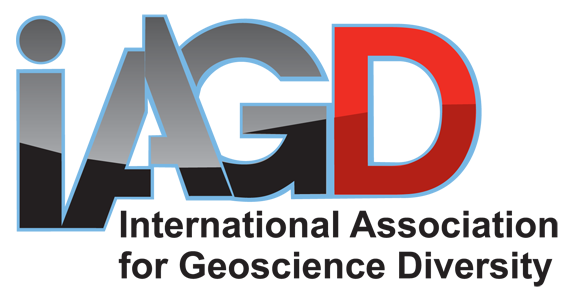Tagged: internships, NASA, NASA internships, STEM
- This topic has 0 replies, 1 voice, and was last updated 7 years, 10 months ago by
 Chris Atchison.
Chris Atchison.
-
AuthorPosts
-
-
November 1, 2013 at 3:57 AM #2749
To Prospective NASA Student Interns with Disabilities,
NASA is looking to increase the number of students with disabilities pursuing science, technology, engineering, and math (STEM) careers through our internship programs. NASA has a two-percent hiring goal for employment of people with disabilities and internships are a good way to get experience. Students can apply for summer 2014 internships right this very minute!
The deadline for submitting applications is Friday, March 14, 2014, and we will begin extending offers to students as early as Monday, February 3, 2014. We encourage you to apply early because the best opportunities are likely to be filled early. Plus, your likelihood of being selected decreases the longer you wait.
You can register for an account anytime at the One Stop Shopping Initiative (OSSI): NASA Internships, Fellowships, and Scholarships (NIFS) at http://intern.nasa.gov/. However, students will not be able to see Summer 2014 opportunities until November 1.
Summer 2014 internships run from early June until early August for college students and from late June until early August for high school students. All student interns get paid. For example, last Summer, at Goddard college students received a stipend of $6000 and high school students $1800. As an intern, you are responsible for your own housing. NASA internships for college and high school students are also offered during Spring, Fall and Year Long Sessions through the OSSI website.
NASA has internships for high school students and for rising freshmen through doctoral students in STEM fields. A rising freshman is a high school student who has been accepted to an accredited institution of higher learning, i.e., a college or university, at the time of the internship. Applicants must be U.S. citizens, with a minimum GPA of 3.0 for college and 3.0 for high school; however, applicants must understand that the competition for internships is keen. High school students must be at least sixteen years old at the time the internship begins.
Internships are available at all NASA centers nationwide. Students can submit a completed application whether they apply to an opportunity or not. However, applying to opportunities has the advantage of allowing applicants to be considered by mentors who work in disciplines of interest and at a particular center.
Applicants may apply to as many as fifteen opportunities. For example, an opportunity having to do with the Solar Dynamics Observatory (SDO) will be at the Goddard Space Flight Center in Maryland because SDO is located there. Not applying to an opportunity means that prospective interns will be hoping that a mentor happens to read their applications rather than directing their applications to mentors in fields and at centers of interest.
Students who are selected for summer internships will receive an offer letter by E-mail sometime after February 3, 2014. They will then have five days to either accept or reject the offer through their OSSI: NIFS account. The offer will automatically expire after five days if no action is taken.
For more information or help with applying, please contact:
Kenneth A. Silberman, Esq.
U.S. Supreme Court, Maryland, & Patent Bars B.A., M.Eng., J.D.
NASA Engineer & Registered Patent Attorney Office of Education, Code 160
NASA/GSFC Mailstop 160, Bldg. 28, Rm. N165, Greenbelt, MD 20771, USA
Voice: (301) 286-9281
Fax: (301) 286-1655
E-mail: kenneth.a.silberman@nasa.gov
-
-
AuthorPosts
- You must be logged in to reply to this topic.





